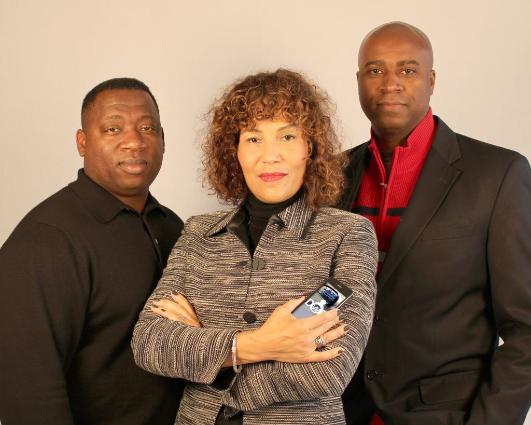

A “Driving While Black” smartphone application is set for release this month, but its developers say motorists should be careful when they use it.
“Do not reach for your phone when you are talking to police,” stressed attorney Melvin Oden-Orr, who created the app with another Portland lawyer and a software developer.
Avoiding any move that could make officers think you’re reaching for a gun is just one of the tips “Driving While Black” offers. And despite its attention-grabbing name, the common-sense advice it offers applies to motorists of all races.
The app describes how people can assert their civil rights with officers, enables drivers to alert friends and family with a push of a button that they’ve been pulled over, and includes a recording function to document the interaction.
With attention focused nationally on police killings of unarmed black people, it’s one of several free smartphone applications that aim to help people navigate encounters with law enforcement.
“Five-O” is an application released this summer by three Georgia teenagers that people can use to create their own “incident reports” on police encounters, and contribute to community databases that rate how individual officers treat people.
And “Mobile Justice,” released by American Civil Liberties Union affiliates in four states, enables users to record and upload video of police encounters so that ACLU lawyers can look for due-process violations.
It’s modeled on “Stop and Frisk Watch,” an app the ACLU released for New Yorkers in 2012.
“It’s obviously in the forefront of everybody’s mind; the police know they are being recorded and people in public know they can record,” said Sarah Rossi, ACLU-Missouri’s director of advocacy and policy.
Portland attorney Mariann Hyland got the idea for “Driving While Black” after learning of an app for drivers suspected of drunken driving. She and Oden-Orr collaborated on it with developer James Pritchett.
The term “driving while black” reflects widespread frustration among African-Americans that they are more likely to get pulled over than white people — a reality confirmed in a Justice Department report last year that also found black and Hispanic drivers are more likely to be ticketed and searched than whites.
The key to surviving a traffic stop, Hyland and Oden-Orr say, is to remain calm, keep your hands on the wheel, be respectful and make no false moves.
It doesn’t sound difficult, but such encounters can be dangerous for police — putting them on heightened alert — and drivers can find it difficult to relax when they feel they’re being stopped for their skin color.
“They describe a pattern of getting pulled over by the police, and they find it to be very frustrating and sometimes that frustration can lead to anger,” Hyland said. “You have to always be mindful to check the anger.”
Their app — which The Oregonian newspaper reported about last week — doesn’t provide legal advice, but it will include a directory of lawyers for drivers who believe they were wrongfully stopped or searched.
“It’s about being safe during a traffic stop so that everyone goes home alive,” Oden-Orr said.



